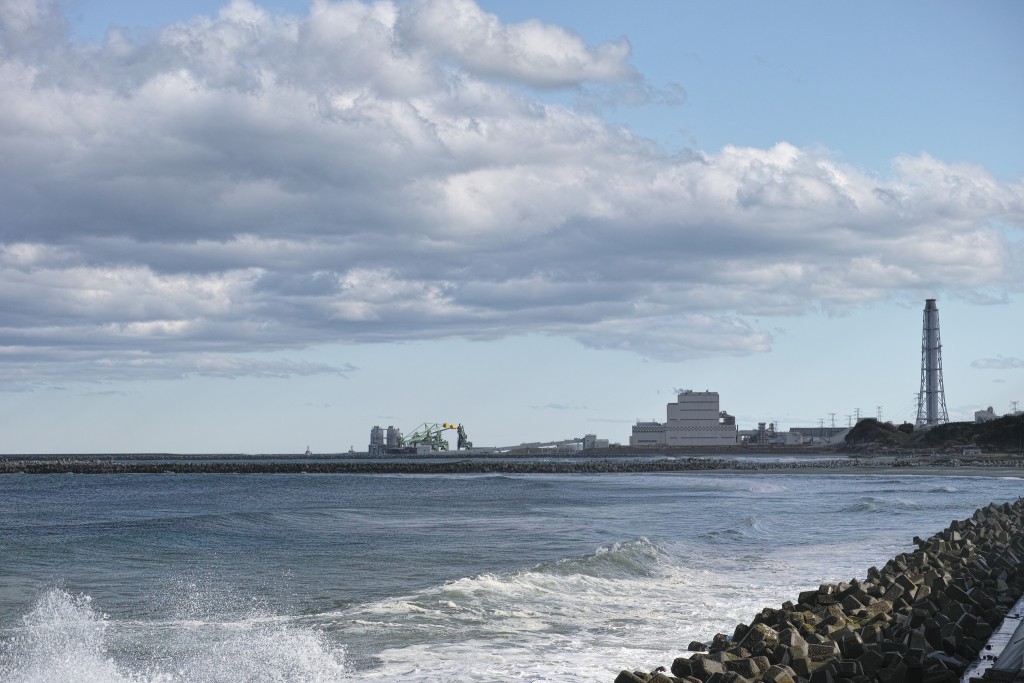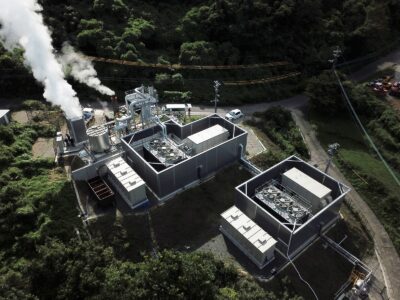Japan: bleak outlook for renewables
The Abe government wants to go back to nuclear, possibly killing the great advance of renewables in Japan. Why not geothermal?
Since the Fukushima nuclear accident, Japan has shutdown all the nuclear power plants in the country. Despite all the doomsayers, the country has not collapsed; it now imports liquified natural gas and renewables have seen a new golden era (to cover for the 30% that nuclear power used to provide). Most of the new installed energy is solar but some geothermal projects have been moving forward too.
According to a recent article in BBC, the government, despite facing massive opposition, plans to go back to nuclear in order to reduce the imports of fossil fuels. This is quite understandable (at least for monetary reasons), yet for the last “four years since the nuclear plants were shut down, Japan has also begun to witness something else – a renewable energy revolution. And the return to nuclear power may be putting that under threat. Japan is a mountainous island nation with a sunny climate and lots of active volcanoes. In other words there are lots of potential ways to generate renewable energy – hydro, wind, tidal, solar and, the big one, geothermal.”
The current government argues that the massive solar expansion seen the last few years is not viable since there is a need for a “reliable base-load” energy source. It seems that the Abe government needs a reminder of the massive geothermal potential in his country and that it operates 24 hours a day, 7 days a week.
As a final note, the BBC mentions: “It is odd that at the same that it is focusing so much time and energy on a return to unpopular and risky nuclear power, the Japanese government’s policy on renewables appears to be in such complete disarray.”
Source: BBC


















